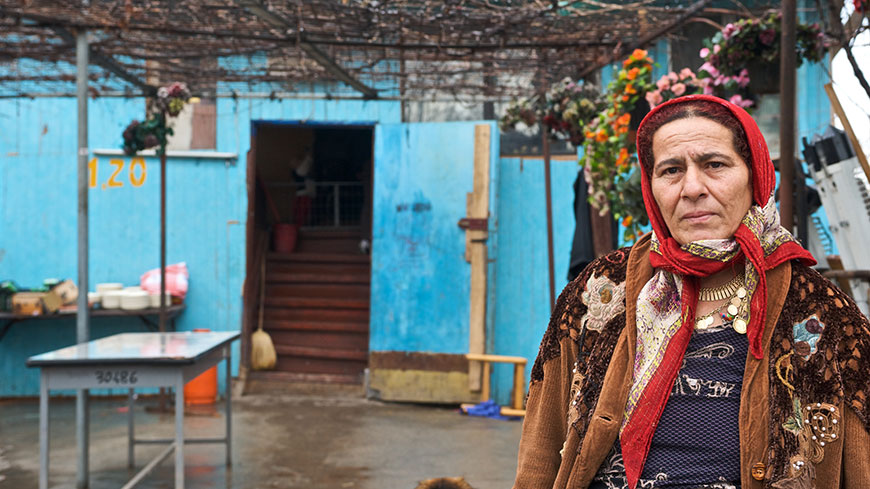"It is crucial that the French authorities provide all those who have been forced to leave the ‘Petite ceinture’ camp – including children and elderly people – with adequate, alternative accommodation, particularly as they have decided to take this action during winter", said Council of Europe Secretary General Thorbjørn Jagland.
"Last year an estimated 11,000 Roma people were evicted from their homes in France.
There is no evidence to suggest that a policy of mass forced eviction will bring a lasting solution to the exclusion and prejudice many Roma face.
On the contrary, forced evictions can prove counter-productive as they often disrupt the schooling of Roma children and hamper the efforts of those who provide basic healthcare to Roma communities, for example through vaccination campaigns."
Notes for editors: relevant European Court of Human Rights judgment: Winterstein and Others v. France (French language court judgment)
This case in the Council of Europe European Court of Human Rights concerned eviction proceedings brought against a number of traveller families who had been living in the same place for many years. The domestic courts issued orders for the families’ eviction, on pain of penalty for non-compliance. Although the orders were not enforced, many of the families moved out. Only four families were provided with alternative accommodation in social housing; the so-called family sites where the remaining families were to be accommodated were not created. The 14 applicants complained in particular that the order requiring them to vacate the land they had occupied for many years amounted to a violation of their right to respect for their private and family lives and their homes.
The Court held that there had been a violation of Article 8 (right to respect for private and family life and home) of the Convention. It noted in particular that the courts, despite acknowledging the lack of urgency and of any manifestly unlawful nuisance, had not taken into account the lengthy period for which the applicants had been settled, the municipal authorities’ toleration of the situation, the right to housing, the provisions of Articles 3 and 8 of the Convention and the Court’s case-law. The Court pointed out in that connection that numerous international and Council of Europe instruments stressed the need, in cases of forced eviction of Roma or travellers, to provide the persons concerned with alternative accommodation. The national authorities had to take into account the fact that such applicants belonged to a vulnerable minority; this implied paying special consideration to their needs and their different way of life when it came to devising solutions to the unlawful occupation of land or deciding on possible alternative accommodation.


